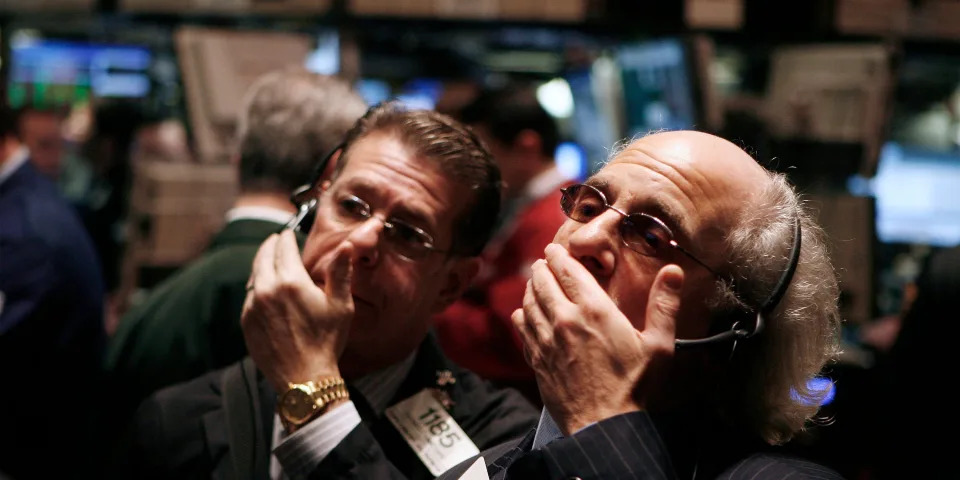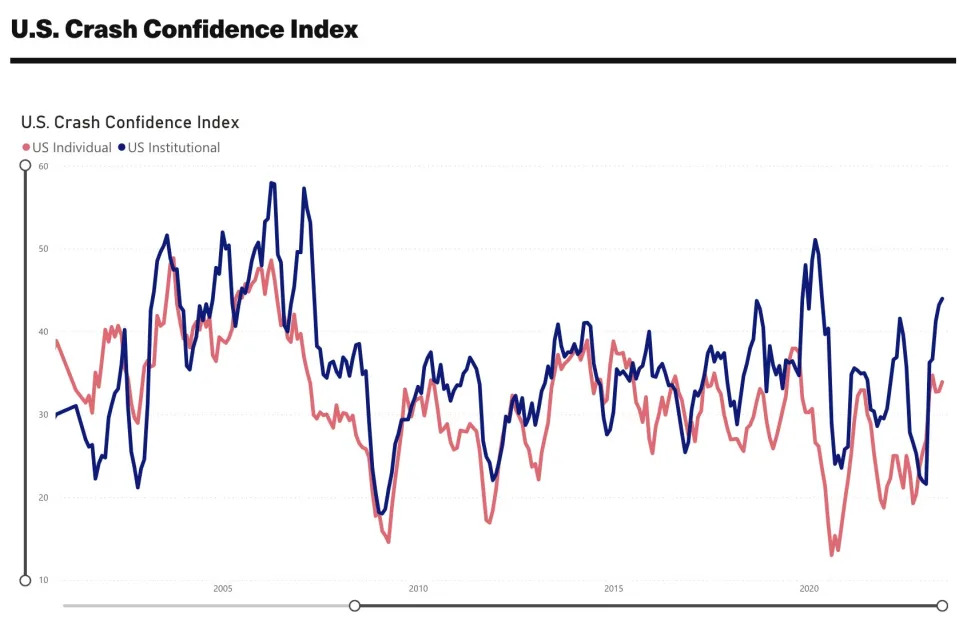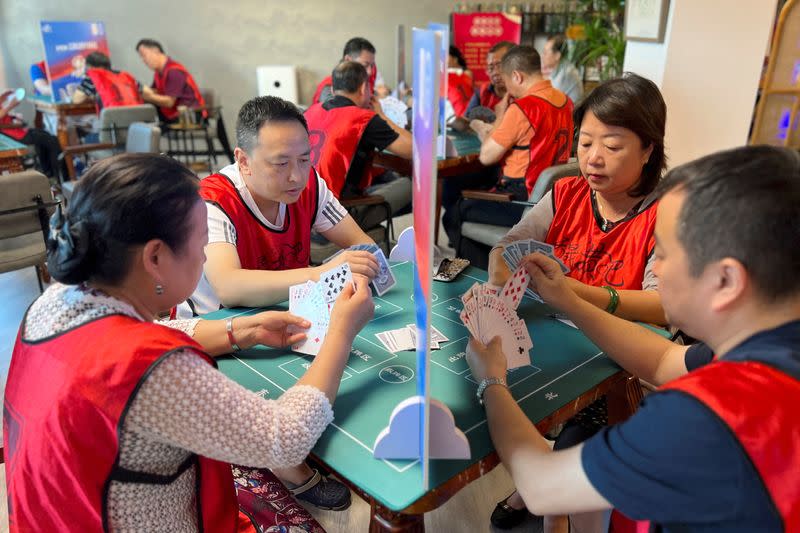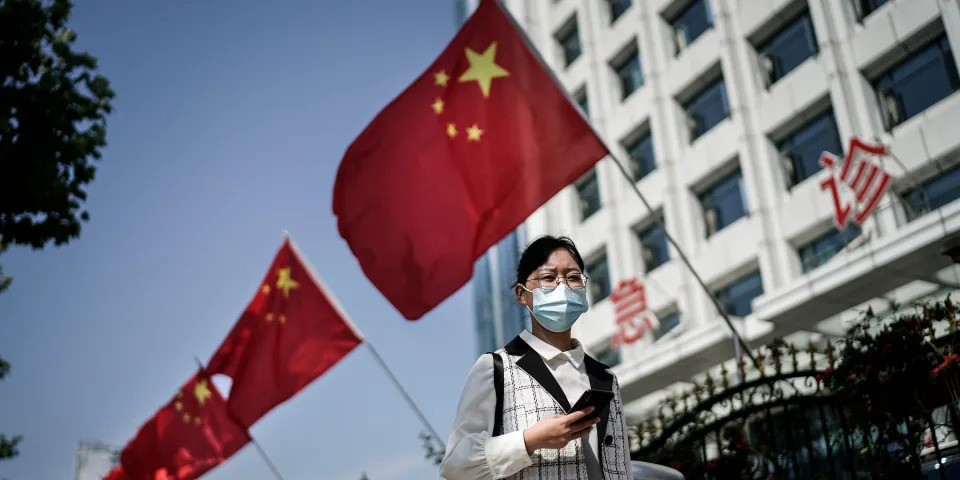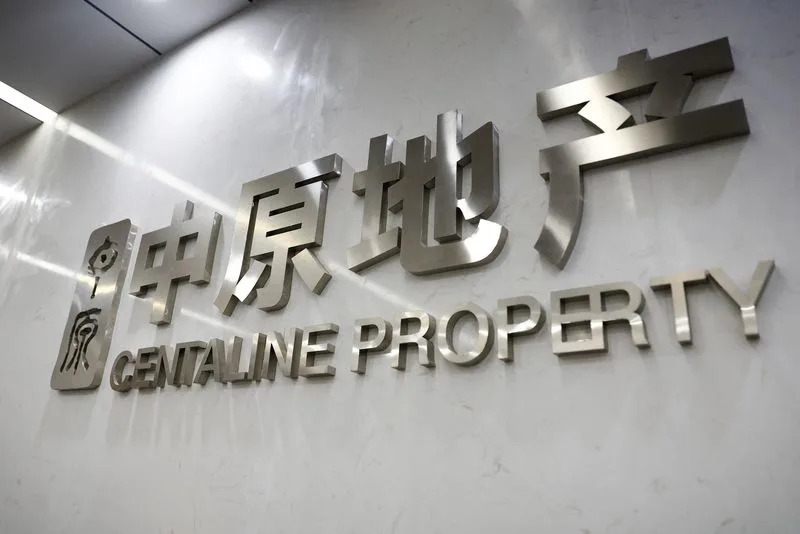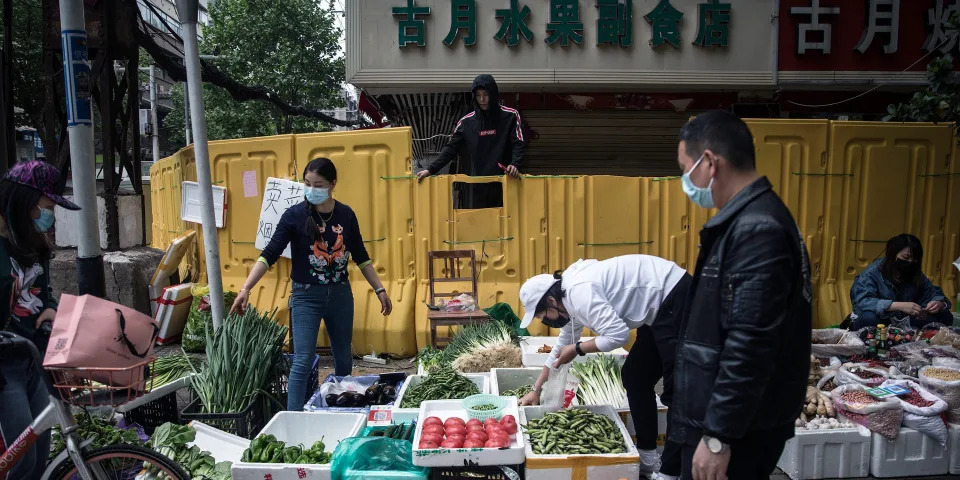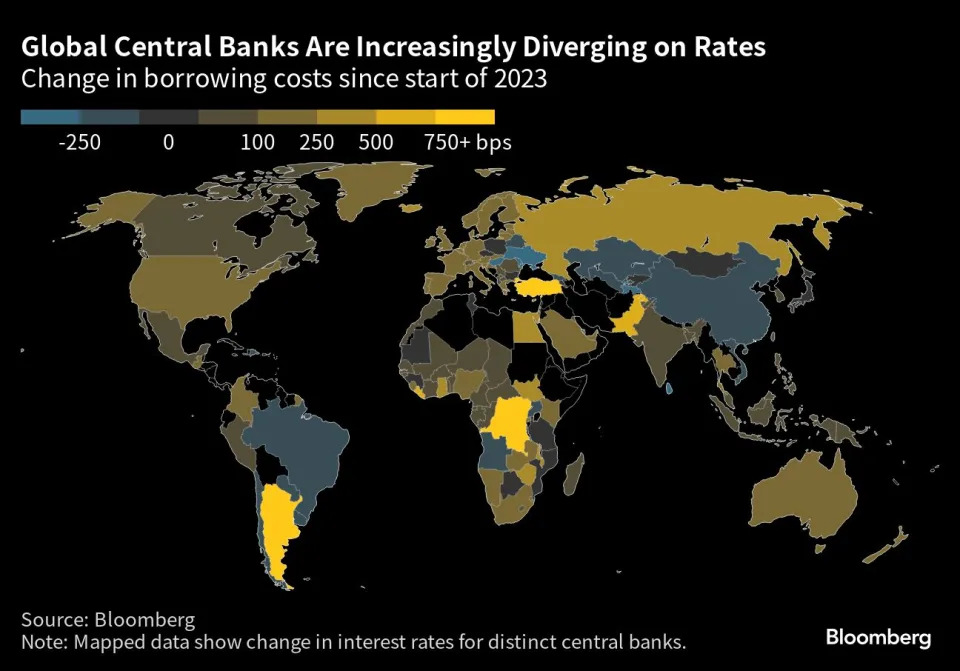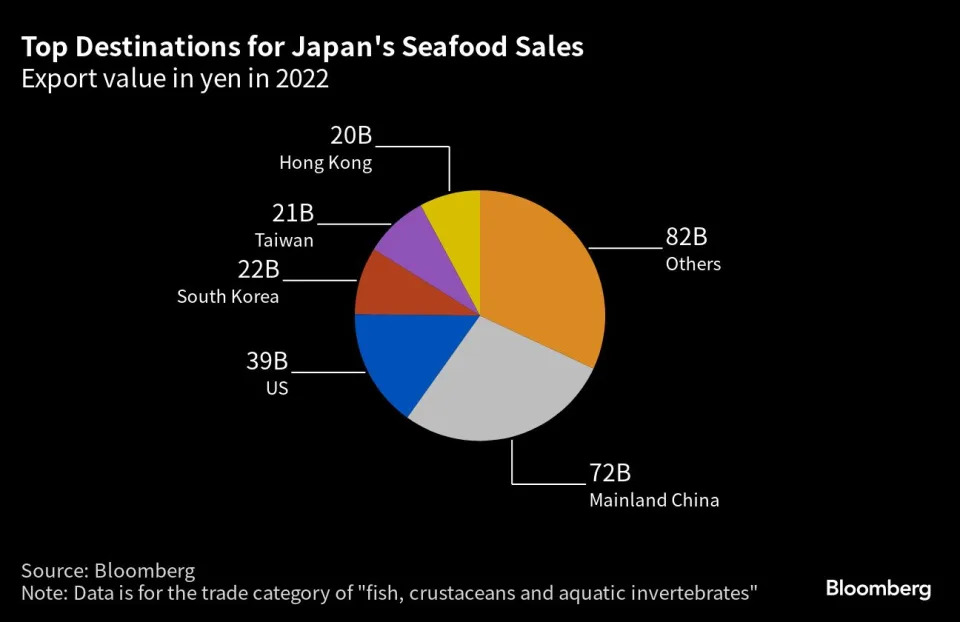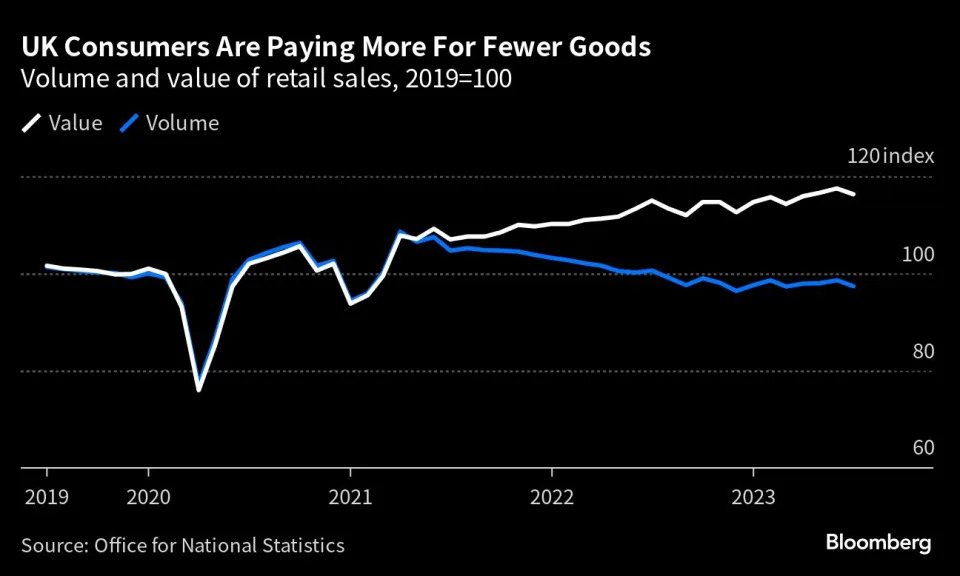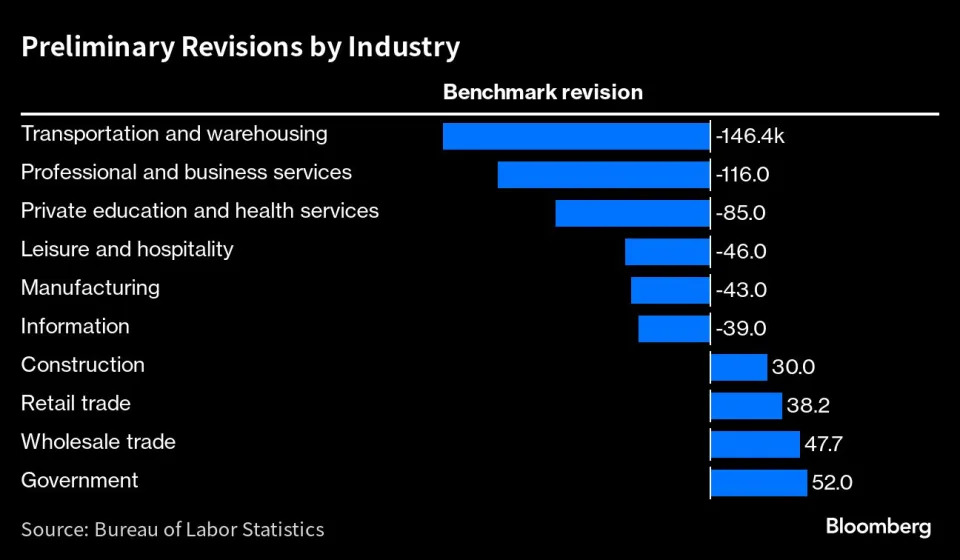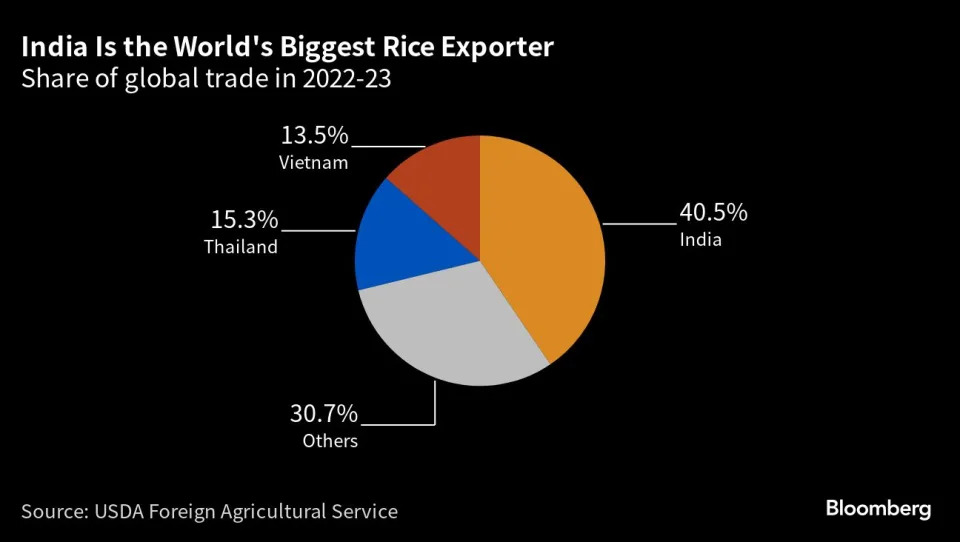In the push to embrace emerging technologies and harness their potential commercial opportunities, Gulf countries are launching new initiatives to bolster their domestic space industries.
In June Saudi Arabia’s Council of Ministers approved the transformation of the Saudi Space Commission, which was launched in 2018, into a full government agency known as the Saudi Space Agency (SSA), underscoring the Kingdom’s commitment to the space sector and exploration activities.
The move followed the successful launch of Saudi Arabia’s first space mission in May to the International Space Station (ISS). The trip was sponsored by the Saudi government and included two Saudi astronauts, one of whom – a stem cell researcher – was the Arab world’s first female Arab astronaut. The trip was overseen by Houston-based Axiom Space, which is seeking to build the first commercial space station after detaching from the ISS.
The UAE has also forged major inroads in space. Since releasing its National Space Strategy 2030 in 2019, it has opened four space research and development centres, established national space laws and regulations, and launched its own Hope Probe, which orbited Mars in 2021, making the UAE the sixth country globally and the first in the Arab world to reach the planet.
Cross-sector diversification
Developing the space sector and engaging in ambitious exploration plans requires massive upfront capital expenditure for projects that may not pay off for several years. These are investment time horizons with which Gulf countries not only have significant experience from oil and gas, but also match their long-term strategies to diversify their economies.
The expansion of space activities is accelerating across the region thanks to advances in the technologies that constitute the Fourth Industrial Revolution (4IR) – blockchain, artificial intelligence, 3D printing, materials science, nanotechnology and biotechnology – that have decreased satellite launch costs and increased the capabilities of smaller satellites.
The 4IR represents what could be a SR1trn ($266.6bn) opportunity for Saudi Arabia that dovetails with the Kingdom’s Vision 2030.
More concretely, investing in space helps Gulf countries develop technical capabilities and expertise in aerospace engineering, satellite manufacturing, and advanced research and development to bolster their defence, tourism and technology sectors and diversify their economies.
Alongside the SSA, in March the Public Investment Fund, Saudi Arabia’s largest sovereign wealth fund, launched Riyadh Air, a low-cost start-up airline that aims to compete with other regional carriers, and placed an order for 72 Boeing 787 aircraft. The carrier will have a sustainability advantage due to its fleet of newer, more efficient planes and the use of sustainable aviation fuel. It targets launching operations in 2025.
In June the SSA held meetings with French aircraft manufacturer Airbus about enhancing cooperation in the space sector and other potential investment projects.
On the defence end, Saudi Arabian Military Industries (SAMI), which was launched in 2017, has accumulated more than $10bn in contracts with foreign companies in a bid to localise over 50% of defence spending by 2030. Last year SAMI announced a joint venture with Boeing to provide maintenance, repair, and overhaul and sustainment services for military rotary platforms operating in the Kingdom.
Also in June, in a deal that signals the possible synergies between aerospace and defence, SAMI subsidiary SAMI-AEC announced a partnership to make Saudi Arabia the home to US defence manufacturer Lockheed Martin’s Sniper Advanced Targeting Pod Repair Centre for line-replaceable units for helicopters in the Middle East.
Satellite imaging
In their foray into the space sector, Gulf countries have prioritised the development of domestic capacities to build satellites in an aim to bolster communications and monitoring systems.
Bahrain, Kuwait and Oman have all launched satellites in recent years, with Oman constructing a satellite of its own, while Qatar’s Es’hailSat satellite company signed a strategic partnership with Axess Networks in January to provide teleport and very small aperture terminal (VSAT) services to bolster satellite communications networks.
The UAE has been at the forefront in this regard through its National Space Strategy 2030. Last year the UAE created a $817m fund to support international and Emirati companies co-operating in space sector engineering, sciences and research applications, with a near-term goal of developing and launching a constellation of advanced imaging satellites.
Last year the Dubai Electricity and Water Authority (DEWA) launched the world’s first nanosatellite in collaboration with spacecraft engineering company NanoAvionics to monitor and maintain water and power infrastructure. DEWA is the first utility to use satellites in this regard, and seeks to leverage its expertise and offer satellite-as-a-service to other utilities around the world as they continue to digitise and improve their infrastructure.
In May Finland-based Iceye announced an agreement to develop a five-satellite constellation for Bayanat, a UAE geospatial analysis firm, and Abu Dhabi-based satellite communications company Yahsat that will launch in 2024, further bolstering the UAE’s satellite imaging capabilities.
The UAE also continues to pursue space exploration with the aim of scientific advancement. In May it announced plans to send a spacecraft to the solar system’s main asteroid belt by 2028 for a seven-year study of seven main asteroids. The mission will start with a fly-by of Venus, following the UAE successful 2021 mission to Mars.
Global partnerships
Investing in space is an opportunity to capitalise on what many see as a prime opportunity to commercialise space travel and communications. With the ISS nearing retirement, companies like Axiom Space as well as Blue Origin and Nanoracks have announced plans to build stations in low Earth orbit.
China is keen to develop its Tiangong space station, which become operational in 2022, and is looking to partner with Saudi Arabia and the UAE. China announced its intentions at the first China-GCC Summit held in Riyadh in December, specifying areas pertaining to remote sensing and communications satellites, space utilisation, aerospace infrastructure, and the selection and training of astronauts, according to the summit’s keynote speech by China’s President Xi Jinping.
After the establishment of the SSA in June, the agency immediately held meetings with Chinese government agencies and businesses to discuss enhanced cooperation and collaborations in the fields of technology, industry and space exploration.
Abdullah Al Swaha, chairman of the board of directors of the SSA, met his counterpart from China Aerospace Science and Technology Corporation and other leading figures from the space sector in Beijing. A Saudi delegation, meanwhile, held talks with China’s Galaxy Space, which develops and sells communication satellites, and iSpace, which specialises in the development and manufacture of spacecraft.
International public services company Serco launched its Saudi Space Division in March, through which it will establish local capabilities for its global advisory, consultancy and operational space services. These span the full lifecycle of a mission, from spacecraft and mission design through to data management, operations and decommissioning, including spacecraft control, ground segment operations and engineering.
In May Nanjing-based start-up Origin Space, UAE University’s National Space Science and Technology Centre, and the University of Hong Kong’s Laboratory for Space Research signed a letter of intent in Abu Dhabi to build a joint research and development centre in the city. The centre will build remote-sensing satellites and space telescopes, and pursue joint deep space exploration missions.
By Oxford Business Group


